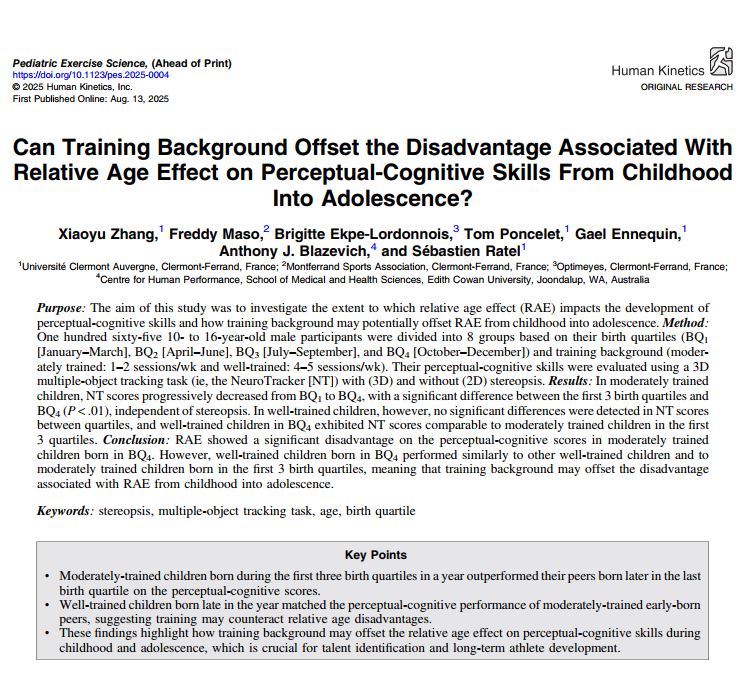Welcome to the Research and Strategy Services at in today's fast-paced.


As we age, maintaining cognitive health becomes essential for leading a fulfilling and independent life. Cognitive exercises play a pivotal role in keeping our minds sharp, boosting memory, enhancing focus, and even delaying the onset of cognitive decline. This blog delves into the top 10 cognitive exercises tailored for seniors, ensuring mental agility and lifelong learning.

NeuroTracker is an innovative 3D cognitive training tool that enhances mental processing speed, attention, and working memory. This scientifically-backed program is ideal for seniors seeking an engaging and effective mental workout. Sessions last just six minutes, making it perfect for those with busy schedules. Try the 6-minute free brain assessment test today to discover your cognitive strengths and areas for improvement.
Key Benefit: Boosts multitasking and focus.
Actionable Tip: Use NeuroTracker three times a week for noticeable improvements.
Sudoku is a classic numbers game that requires logical thinking and pattern recognition. Studies have shown that engaging in puzzles like Sudoku can improve cognitive flexibility and problem-solving skills.
Key Benefit: Enhances logical reasoning and short-term memory.
Actionable Tip: Start with easy puzzles and gradually increase difficulty to challenge your brain.
Crosswords are excellent for improving vocabulary, memory, and verbal fluency. They encourage the recall of words and associations, which is crucial for cognitive health.
Key Benefit: Strengthens linguistic skills and memory.
Actionable Tip: Dedicate 15 minutes a day to solving crossword puzzles in newspapers or apps.
Apps like Lumosity and Elevate offer a variety of games designed to enhance cognitive functions, including attention, memory, and problem-solving. These apps personalize exercises to suit the user’s needs.
Key Benefit: Provides targeted cognitive training.
Actionable Tip: Try free versions of apps to find the one that best matches your preferences.
Memory match games improve short-term memory by requiring players to recall the positions of cards or items. These games are fun and offer an excellent mental workout.
Key Benefit: Enhances memory recall and attention.
Actionable Tip: Play digital memory games or use physical cards with friends and family.
Taking up a new hobby, such as learning a language, musical instrument, or even knitting, is a powerful way to stimulate the brain. Studies reveal that learning new skills can build neural pathways and improve overall cognitive health.
Key Benefit: Promotes brain plasticity and long-term memory.
Actionable Tip: Dedicate an hour a week to your chosen skill and track your progress.
Activities like dancing, Tai Chi, or yoga with mindfulness incorporate both physical movement and mental focus, creating a dual benefit for brain health.
Key Benefit: Combines physical and mental stimulation for better cognitive health.
Actionable Tip: Join a local class or follow online videos tailored for seniors.
Jigsaw puzzles require spatial reasoning, pattern recognition, and memory. Completing a puzzle offers a sense of accomplishment while engaging the brain.
Key Benefit: Enhances visuospatial reasoning and problem-solving.
Actionable Tip: Choose puzzles with themes that interest you for added enjoyment.
Reading books, newspapers, or magazines stimulates mental imagery and comprehension skills. Storytelling, on the other hand, helps in retaining and recalling information.
Key Benefit: Improves language comprehension and memory.
Actionable Tip: Join a book club or share stories with loved ones for a richer experience.
Engaging in group activities like trivia nights or board games combines social interaction with mental stimulation. Research shows that social engagement can significantly enhance cognitive function.
Key Benefit: Combines cognitive and emotional health benefits.
Actionable Tip: Organize weekly game nights with friends or family.
A. Seniors should aim to spend 20–30 minutes daily on cognitive exercises for maximum benefit.
A. While they can't guarantee prevention, regular mental stimulation can reduce the risk and delay the progression of dementia.
A. Yes, physical activities like walking, dancing, or yoga significantly boost brain health by improving blood flow and reducing stress.
Maintaining cognitive health doesn’t have to be a chore. With options ranging from NeuroTracker and puzzles to group activities and physical exercises, there’s something for everyone. By incorporating these cognitive exercises into daily life, seniors can enjoy sharper minds and a better quality of life.








Welcome to the Research and Strategy Services at in today's fast-paced.

Many professional roles require cognitive performance to be sustained over long periods rather than demonstrated briefly. This article explains how sustained cognitive load shapes performance in knowledge-work and monitoring environments.

An overview of the important interpretational difference between temporary changes in brain state, and durably lasting changes in cognitive capacities.

An interpretive overview explaining why cognitive training outcomes vary across individuals, how factors such as baseline ability, state, and measurement influence results, and why variability should be expected.
.png)